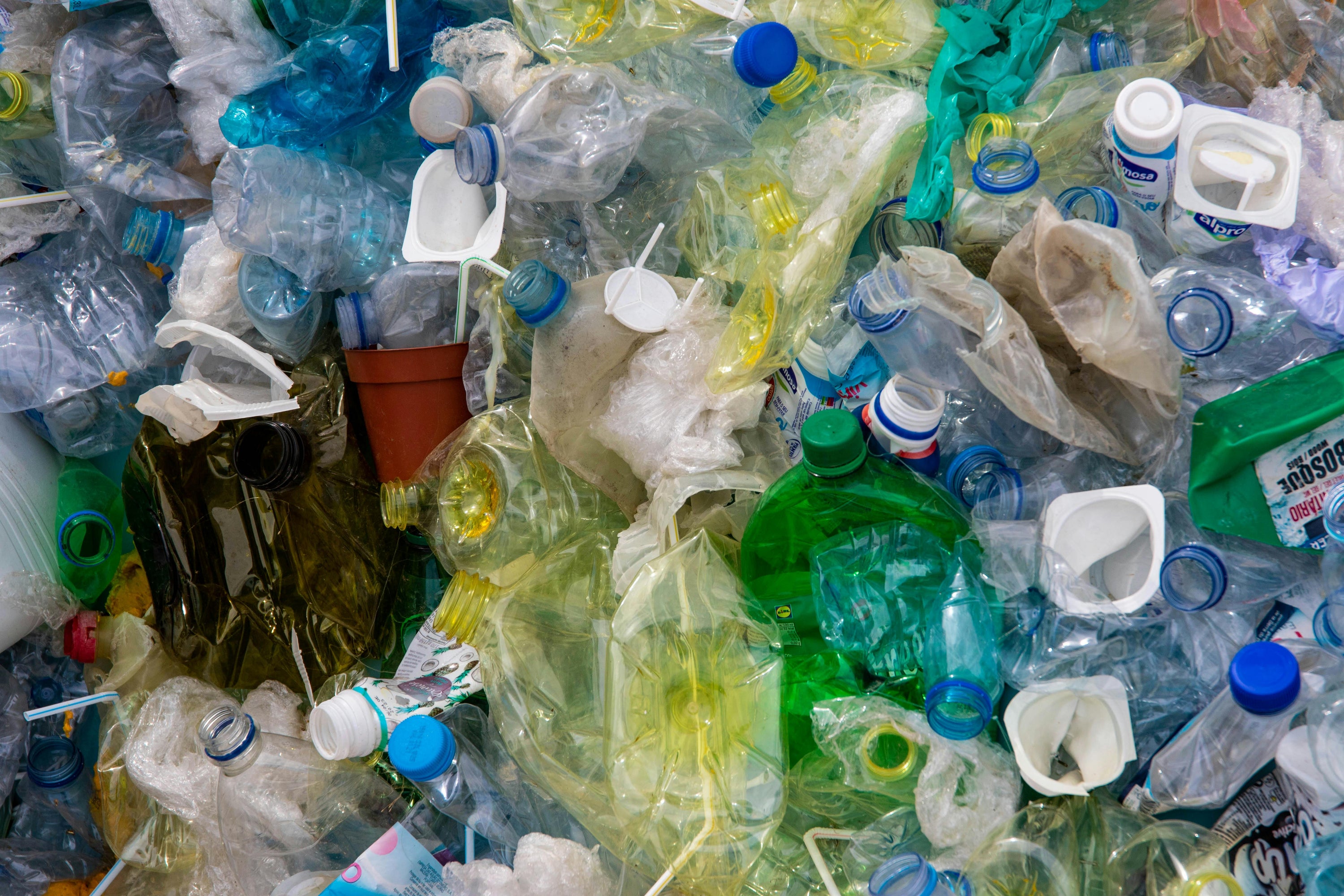Why We Said No to Plastic
You’ve seen the headlines: researchers recently discovered up to 240,000 nanoplastic particles in a single liter of bottled water, nearly ten times more than earlier estimates . If something as simple as bottled water is contaminated, imagine what happens when skincare formulas, especially oil-based serums and creams sit inside plastic for weeks, months, or even years. Plastic isn’t just a packaging choice. It’s an invisible ingredient you never asked for.
At Botanical Republic, we believe skincare should nourish, not compromise. That’s why we made a bold and early decision: no plastic in our packaging. Not because it’s trendy, but because it’s essential. We use glass and aluminum because they preserve the integrity of your skincare, protect the botanicals inside, and safeguard your health.
The Silent Ingredient No One Talks About: Plastic
Most beauty products are packaged in plastics like PET, HDPE, or PP. These materials are chosen because they’re cheap and lightweight. But what many brands won’t say is that plastic can leach into formulas, especially when exposed to heat, UV light, or simply time. Unlike botanical extracts or vitamins, you won’t see “plastic” on your ingredient list, even when microscopic traces end up in your product.
The Truth About Chemical Leaching
Plastics can release endocrine-disrupting chemicals such as BPA and phthalates . These compounds interfere with the body’s hormonal balance, and studies link them to irritation, inflammation, and long-term health concerns.
The risk is even greater with oil-based skincare, because oils act as solvents that can draw these chemicals out of plastic more quickly. That means the serum you trust to heal your skin may actually carry hidden contaminants.
Microplastics and Nanoplastics: A Growing Threat
Plastic doesn’t just break down, it breaks apart. As packaging ages, it sheds micro- and nanoplastics that can contaminate creams, serums, and oils. These particles are so small that they may bypass the skin barrier or accumulate with repeated exposure.
Scientists have now found plastic particles in human bloodstreams, placentas, and even arterial plaque . If they can reach those places, skincare applied daily becomes more than skin deep, it becomes a health concern.
Why Glass and Metal Matter
We chose glass and aluminum because they don’t interact with your skincare. Glass is non-reactive, UV-protective, and ideal for preserving natural ingredients. Aluminum is lightweight, endlessly recyclable, and shields delicate formulations. Both protect without polluting, ensuring what touches your skin is exactly what we intended: pure, safe, and effective botanicals.
And let’s be honest. There’s nothing luxurious about hormone disruptors or flimsy packaging. True luxury is knowing your skincare is stored safely in vessels that respect both your health and the planet.
Luxury Isn’t Plastic
Today’s skincare buyer is informed and intentional. She seeks products that align with her values: sustainability, transparency, and results. At Botanical Republic, we don’t just talk about clean beauty. We practice it from the formula to the packaging.
Saying no to plastic wasn’t the easy route, but it was the right one. Because skincare should preserve more than your glow. It should preserve your health and the planet we all share.
References
- Nanoplastics in bottled water: up to 240,000 particles found in one liter. Time Magazine (2024).
- Andrady, A. L., & Neal, M. A. (2009). Applications and societal benefits of plastics. Philosophical Transactions of the Royal Society B: Biological Sciences, 364(1526), 1977–1984.
- Rochester, J. R. (2013). Bisphenol A and human health: A review of the literature. Reproductive Toxicology, 42, 132–155.
- Leslie, H. A., et al. (2022). Discovery and quantification of plastic particle pollution in human blood. Environment International, 163, 107199.
Photo by Magda Ehlers.
